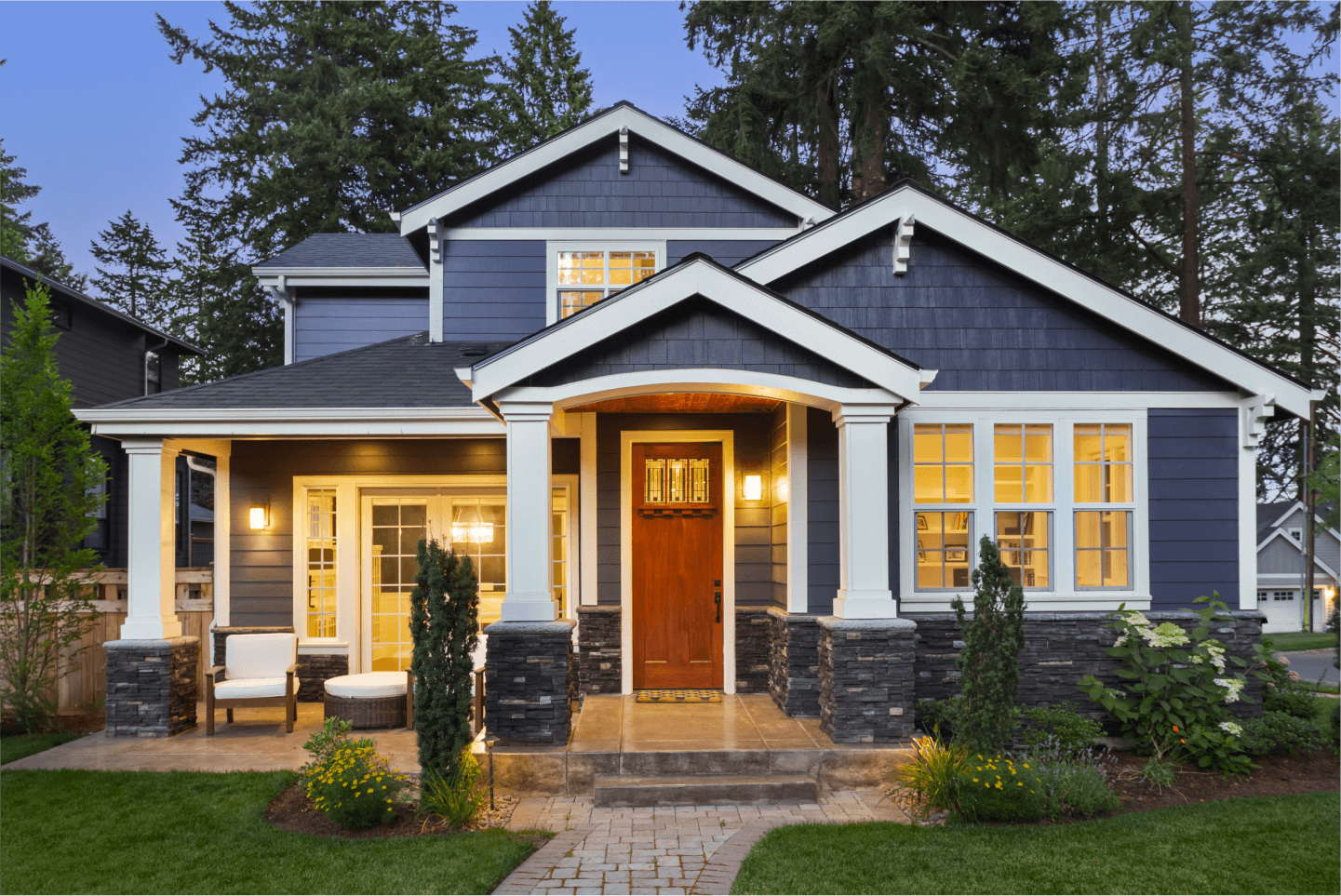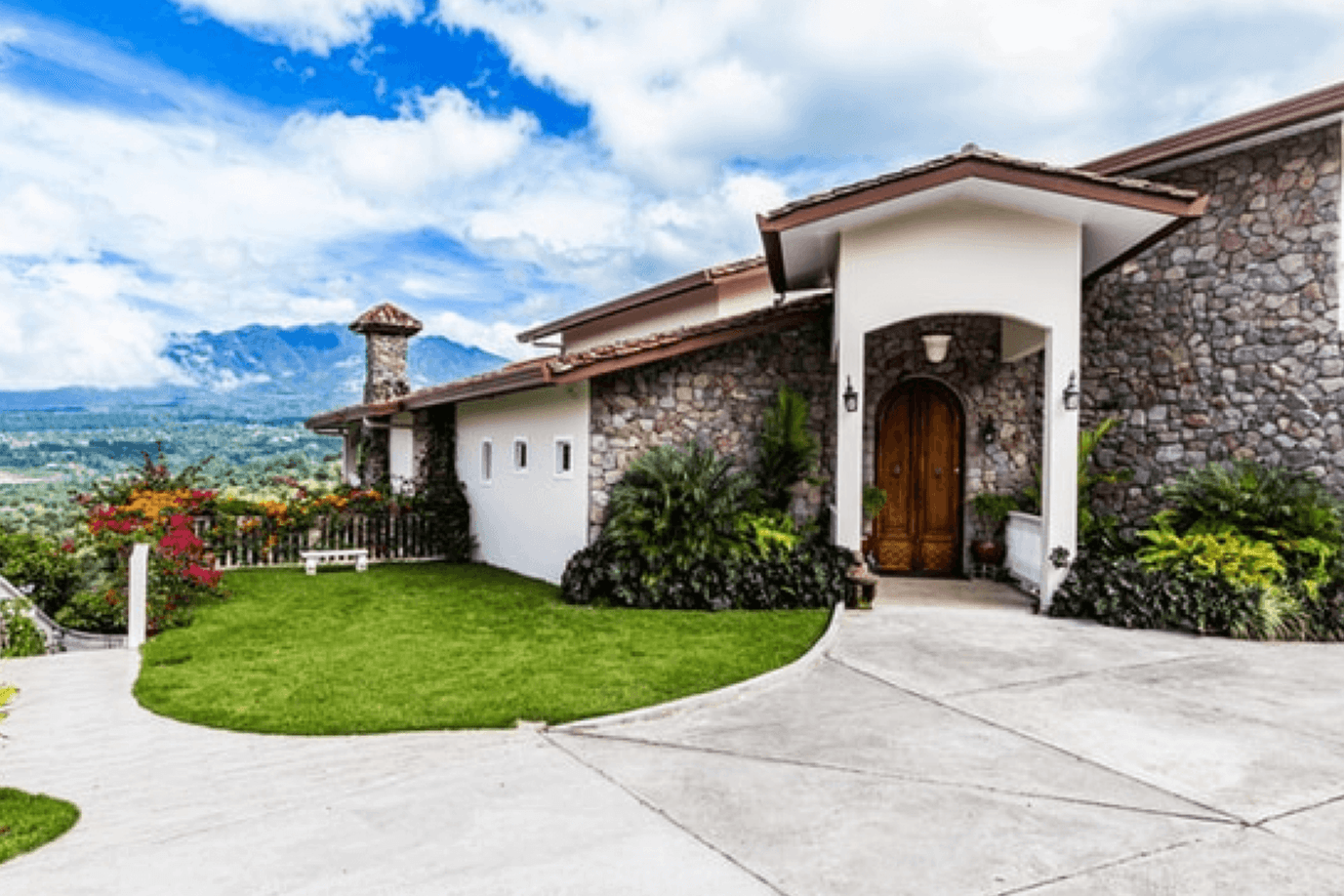Reverse Mortgage
Home Loans
Vision Home Mortgage - Offering Reverse Mortgages in Nevada

Exploring Reverse Mortgages
Reverse mortgages are an innovative financial solution designed for homeowners aged 62 and older, allowing you to convert your home equity into cash while maintaining ownership of your property. Whether you’re looking to supplement your retirement income, pay for medical expenses, or reduce financial stress, a reverse mortgage can be a flexible tool tailored to meet your needs. At Vision Home Mortgage, we’re here to simplify the process and ensure you get the most out of this unique loan option.
FHA's Home Equity Conversion Mortgage (HECM)
The FHA Home Equity Conversion Mortgage (HECM) is the most widely used and well-known reverse mortgage, backed by the Federal Housing Administration (FHA).
- Who It’s For: Seniors 62 and older who want a government-backed option.
- Loan Limits: As of 2024, the maximum claim amount is $1,089,300, though the actual amount you can borrow depends on factors like your age, interest rates, and home value.
- Flexibility: Funds can be taken as a lump sum, monthly disbursements, a line of credit, or a combination.
- Safety Net: FHA insurance protects borrowers, ensuring they’ll never owe more than the home's value, even if the loan balance exceeds it.
- Costs: Includes mortgage insurance premiums, which can add to upfront and ongoing costs, but provides peace of mind.
HECMs are ideal for borrowers seeking a secure, government-insured reverse mortgage with flexible payment options.
Proprietary Reverse Mortgage Options
Proprietary reverse mortgages are private loans offered by lenders, typically designed for high-value homes that exceed the FHA loan limit.
- Who It’s For: Homeowners with significant equity in homes valued above FHA limits.
- Loan Amounts: Allows for higher borrowing limits, often tailored to the needs of borrowers with expensive properties.
- No FHA Insurance: Unlike HECMs, these loans don’t require FHA insurance, but they may have higher interest rates or different terms.
- Flexibility: Borrowers can choose payout options like lump sums or lines of credit, similar to HECMs, but specifics vary by lender.
Proprietary reverse mortgages are a good fit for those with high-value properties seeking access to larger amounts of home equity.
Single-Purpose Reverse Mortgage
Single-purpose reverse mortgages are less common and are typically offered by nonprofit organizations or local government agencies to help seniors with specific financial needs.
- Who It’s For: Homeowners 62 and older who need help with a specific expense, like home repairs, property taxes, or insurance premiums.
- Loan Amounts: Generally smaller than HECMs or proprietary loans, as funds are earmarked for a single purpose.
- Low Costs: These loans usually have lower fees and interest rates compared to other reverse mortgages.
- Restrictions: Funds can only be used for the specific purpose outlined in the loan agreement, which may limit their flexibility.
Single-purpose reverse mortgages are ideal for seniors with limited needs or specific financial challenges who qualify for local assistance programs.
Reverse mortgages are designed to provide financial flexibility to seniors. To qualify, you must meet the following criteria:
- Be at least 62 years old, but as low as 55 for some proprietary programs.
- Own your home outright or have significant equity (typically at least 50%).
- Use the home as your primary residence.
- Attend a reverse mortgage counseling session.
- Maintain payment of property taxes, homeowners insurance, and HOA dues.
Eligible properties include single-family homes, multi-unit properties (up to four units, with the borrower occupying one unit), condos, and FHA-approved manufactured homes.
The amount you can borrow with a reverse mortgage depends on your age, the value of your home, the interest rate, and the specific loan program. For FHA HECMs, the maximum loan limit is updated annually, currently set at $1,089,300 as of 2024. Proprietary loans often allow for higher limits, particularly for high-value homes and can vary between lenders.



